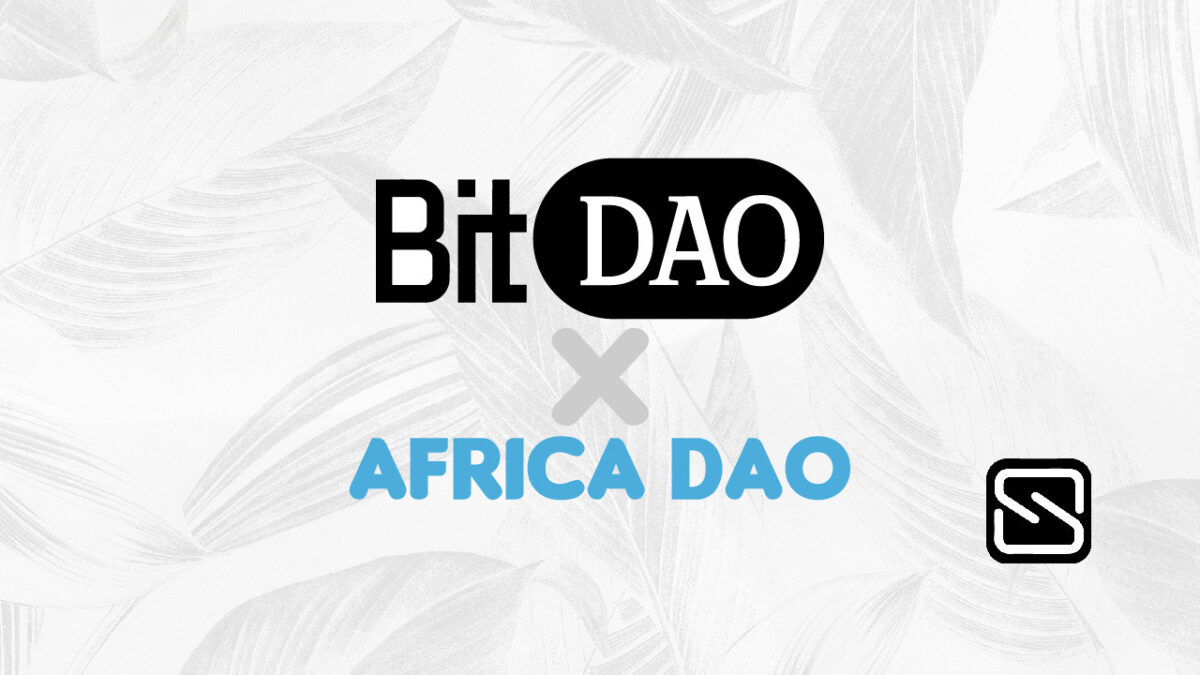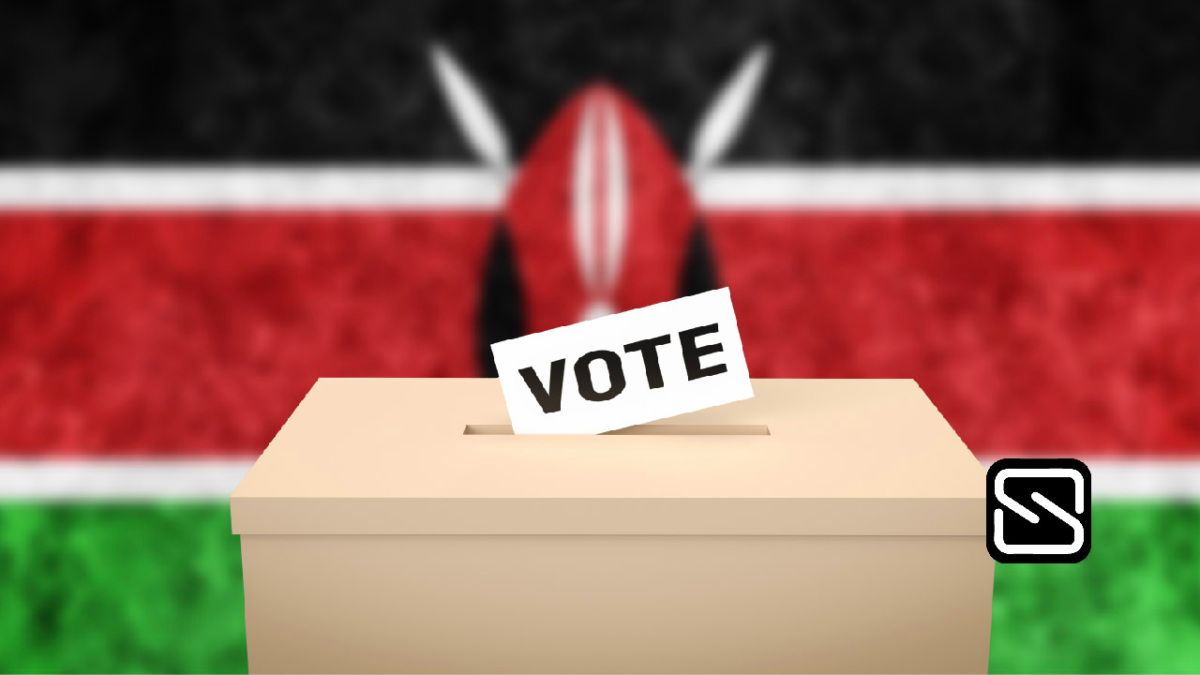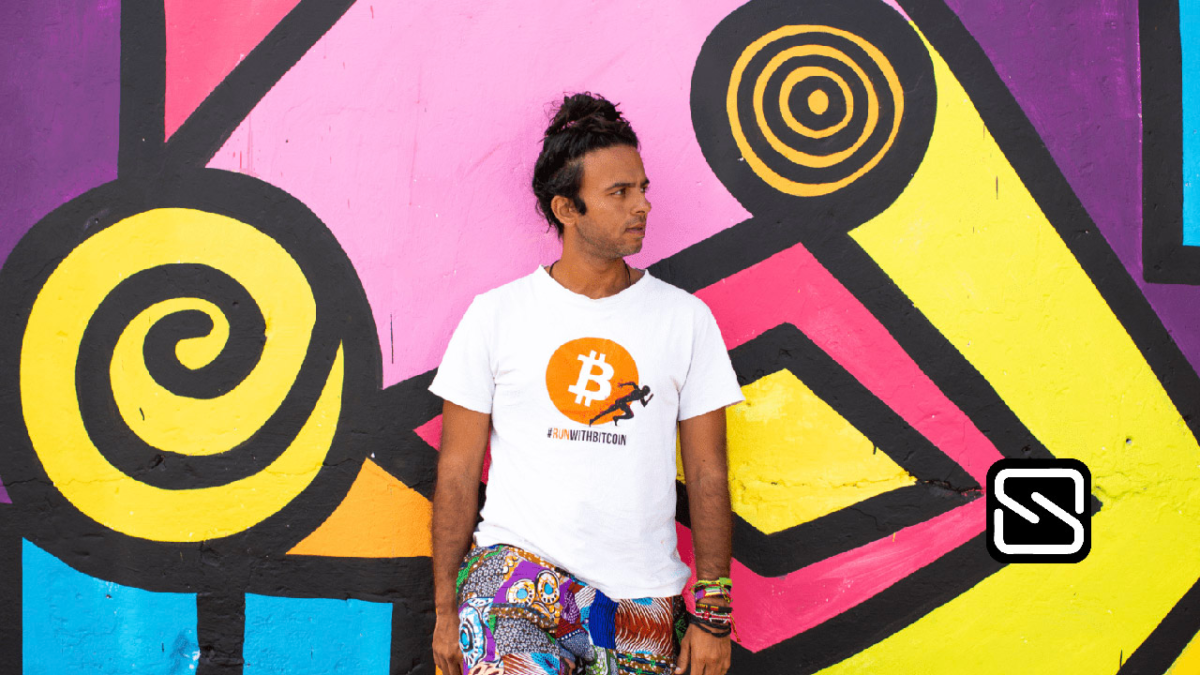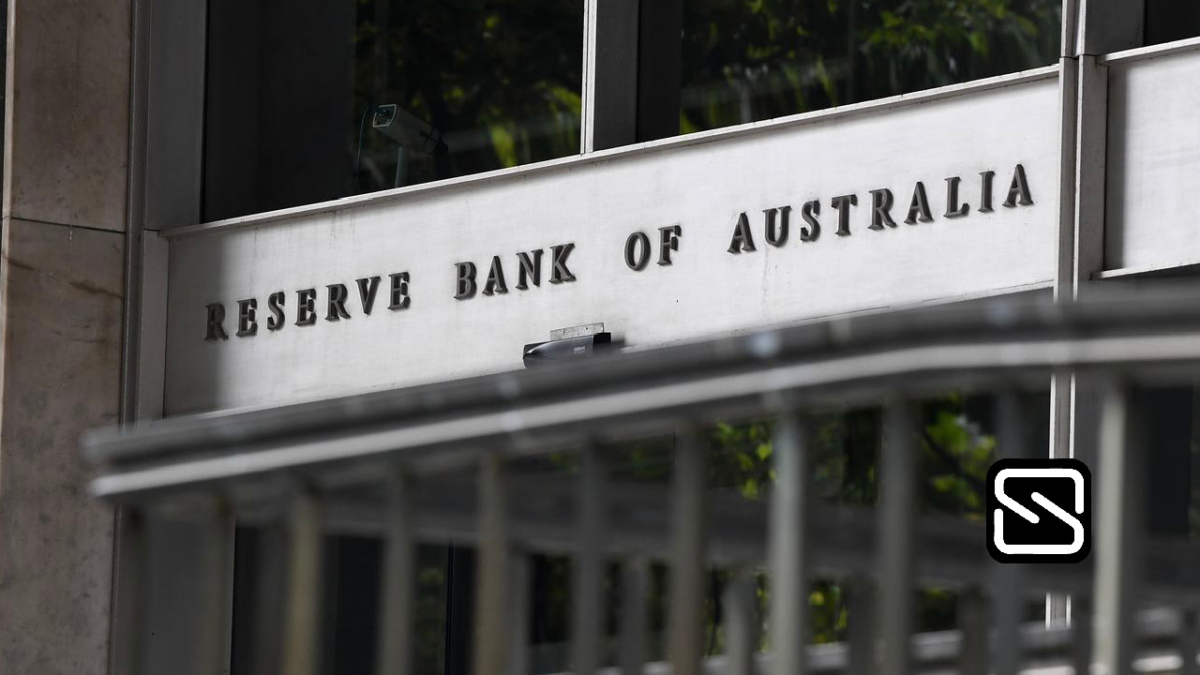On Tuesday, August 9, 2022, Kenyans held national elections, with the voting process closely mirroring the bitcoin blockchain, according to Forbes. Elections in Africa have typically been characterized by egregious misconduct and outright vote manipulation. However, the Independent Electoral and Boundaries Commission of Kenya (IEBC) ensured that the election was conducted in one of the most transparent ways possible.
To begin with, votes cast in any one polling place were counted, signed, and accepted as a permanent record. Additionally, all polling places were divided into 46,229 units.
Forbes says that this compares with the bitcoin network, which according to the bitcoin analytics company Bitnodes, has an estimated 14,951 decentralized nodes dispersed around the world.
Furthermore, to enhance security, the system combines manual and electronic transmission methods. Each polling place’s signed forms with QR codes are scanned by the Kenya Integrated Elections Management System (KIEKIE +1.3%MS) biometric device, and a copy is sent to the IEBC computers for reporting and analysis. While the signed physical forms serve as the signed transactions, the physical ballots in the voting booth serve as the verification protocol.
The IEBC then gathers and examines data from these polling places in its capacity as a neutral third party. This entails manually gathering all completed ballots, checking them against the computerized copy and the returning officer, and counting them within seven days of the election to declare the legitimate victors.
By 11th August, the IEBC had received and verified 46,193 of the 46,229 presidential election forms and was awaiting the 36 remaining forms so that the election results could be announced.
This contrasts with the simplicity with which blockchain analytics companies like Chainalysis can disseminate insights after querying data from the Bitcoin blockchain.
After the polls closed, officials of the political parties observed the entire voting process inside the polling place. They then counted every ballot and verified the results in the electoral system.
Once signed, the election form is considered a permanent record. The signed form is then electronically emailed by the IEBC representatives to the IEBC headquarters, followed by a physical copy being sent to the physical location. Then, party representatives provide a copy to their party’s headquarters to ensure transparency.
Each polling station has a maximum of 700 registered voters. The number of voters in the polling station are either the number of people who voted or the number of people who voted before the voting window closed. This means that each record contains 700 entries. In comparison, Bitcoin’s block size is one megabyte per block.
To vote successfully, a voter needed to bring an original copy of their national ID card, go to their registered polling station, and sign in using an IEBC biometric scanner. To sign a transaction in bitcoin, one must have a public address (similar to an ID card) and a private key (compares to fingerprints on the biometric scanner).
A form is posted online as an official copy after being received and verified by the IEBC headquarters and posted there. Candidates, party officials, members of the media, and voters can download this information and contrast it with their own copy from the polling place. Before the IEBC announces the official results, they can also count the votes to decide the election victors.
Forbes points out that this compares with the public nature of the bitcoin ledger, where anyone can query any bitcoin transaction and view its address.
The device sends an electronic signature to the IEBC servers after a voter enters a polling place using biometrics, informing them that the voter has cast a ballot. This fixes the double voting issue, whereas the blockchain of bitcoin fixes the double spending issue.
Votes simply need to be signed by the user and are kept on the IEBC database in the voting system. That is, all registered voters have their information recorded, and they only come to the polls on election day to sign the candidates that are their top choices. Likewise, you utilize your private keys to sign that your bitcoins are transferred to a particular public address because they are already stored on the bitcoin network’s ledger.
A candidate must get 50% of the total votes cast plus one in order to win the Kenyan presidential election. As a result, in order to rig the election, someone would need to alter the data from 50% of the polling sites plus one. The security of the voting mechanism would be ensured, although this would demand a substantial commitment of resources.
To hack the bitcoin network, at least one person would need to have control over 50% of the nodes plus one. This would need a significant amount of resources, solidifying bitcoin as the most secure financial network in existence.
When a transaction is signed on the bitcoin network, it becomes final, verifiable, and irreversible. The votes cast are also definitive, verifiable (you can go count the ballots in the box), and cannot be changed after they are noted and signed.
The consensus mechanism is different from that of bitcoin, according to Forbes. The distinction between the two is that top IEBC officials have the authority to transfer and amend voter registration information. Bitcoin doesn’t have a single administrator who has the power to shift money around or alter transactions.
Additionally, although the biometric voting machines at the polls have access to the complete voter list, they can only let in registered voters at that particular site. Any node on the bitcoin network is capable of signing a user’s transaction. This IEBC provision is apparently intended to prevent people from casting ballots in places they do not reside.
The voter registration ledger does not contain voting records. While the votes are still in their individual ballot boxes, the KIEMS device records the voter ledger and scans signed ballots. On the other hand, the addresses and bitcoins are both kept on the bitcoin ledger.
The global media company concludes that while it is debatable whether the system designer was directly inspired by the bitcoin network, the similar features are compelling to conclude that they were inspired by the bitcoin blockchain.









